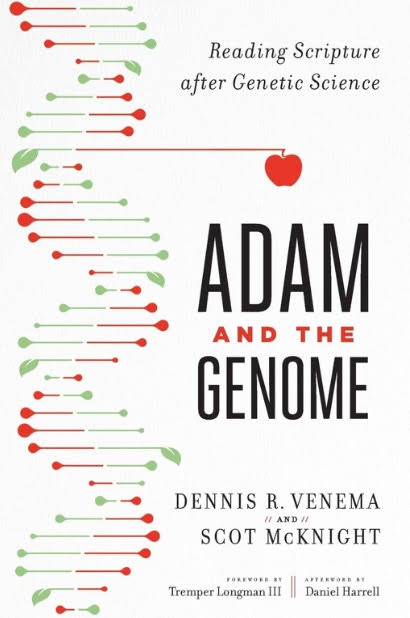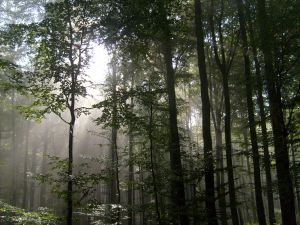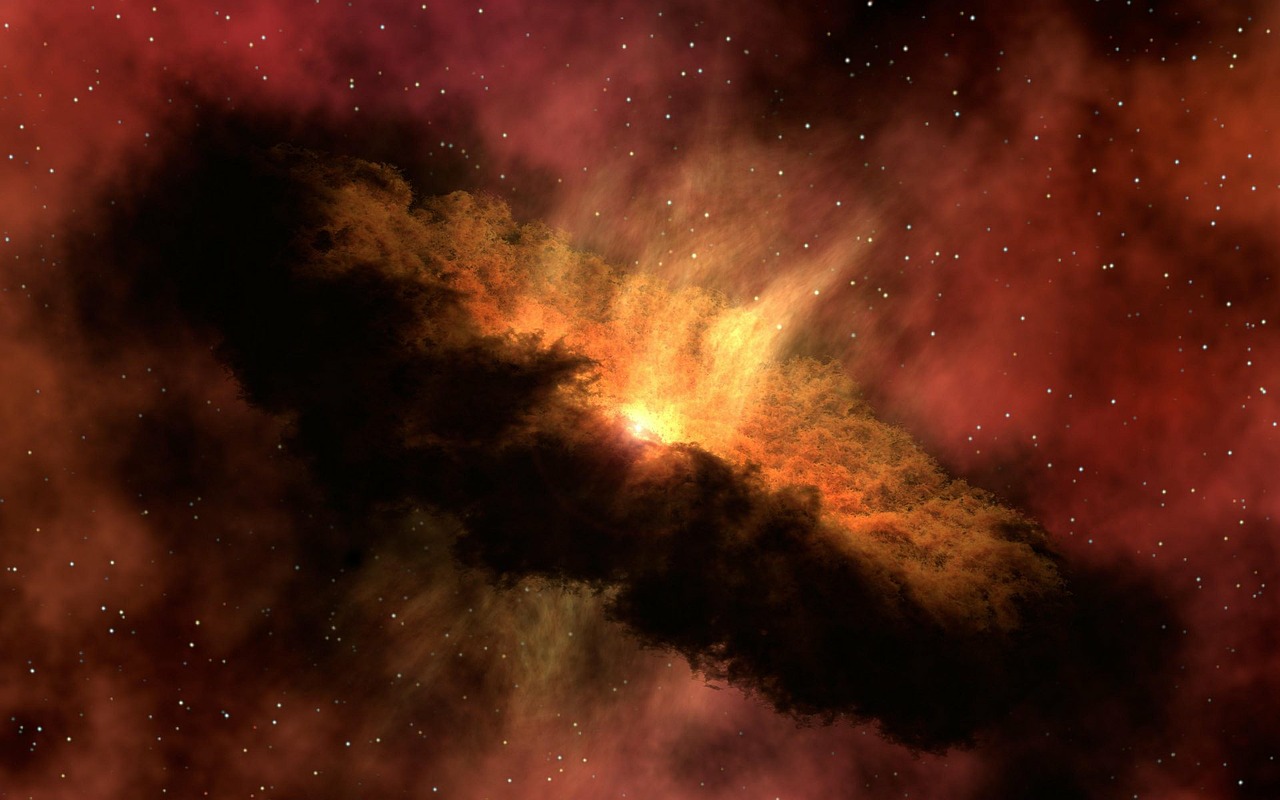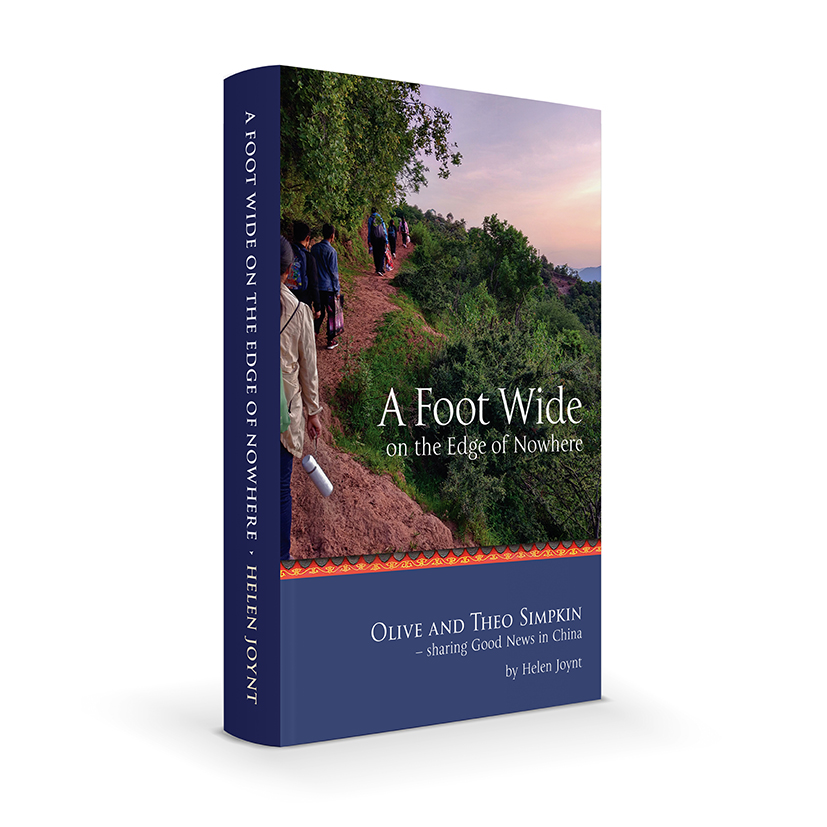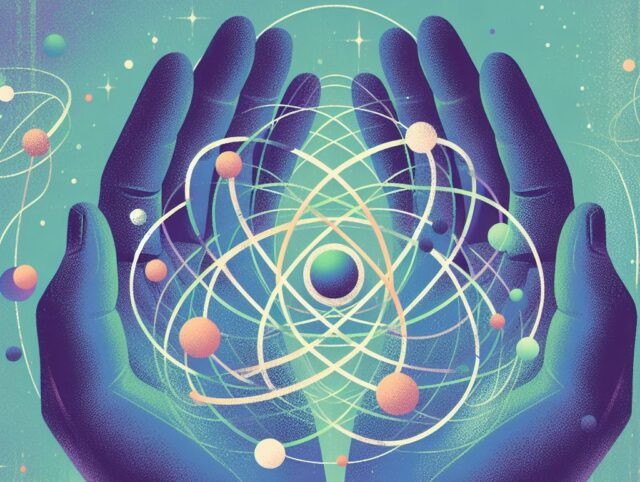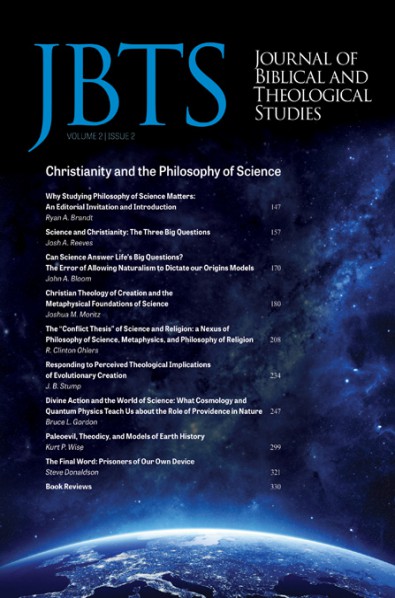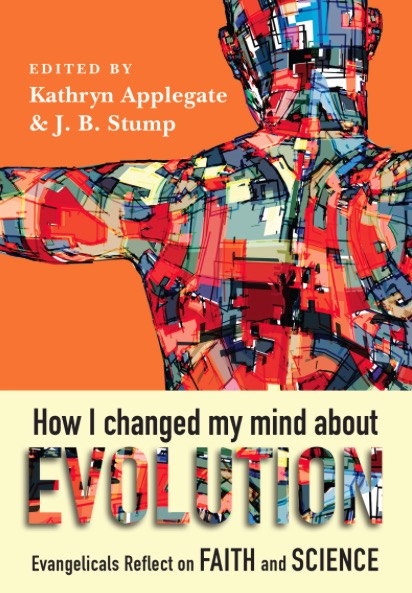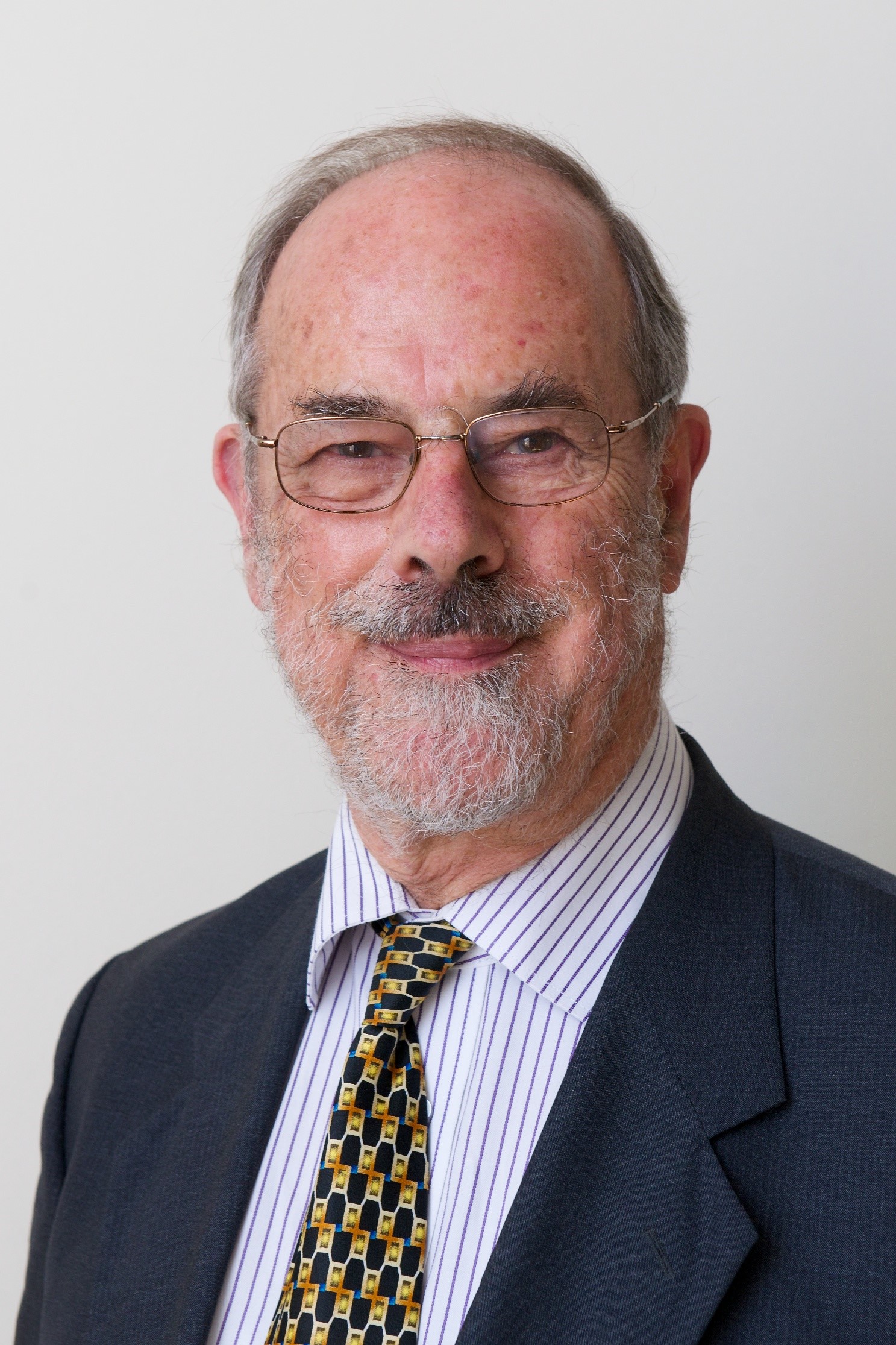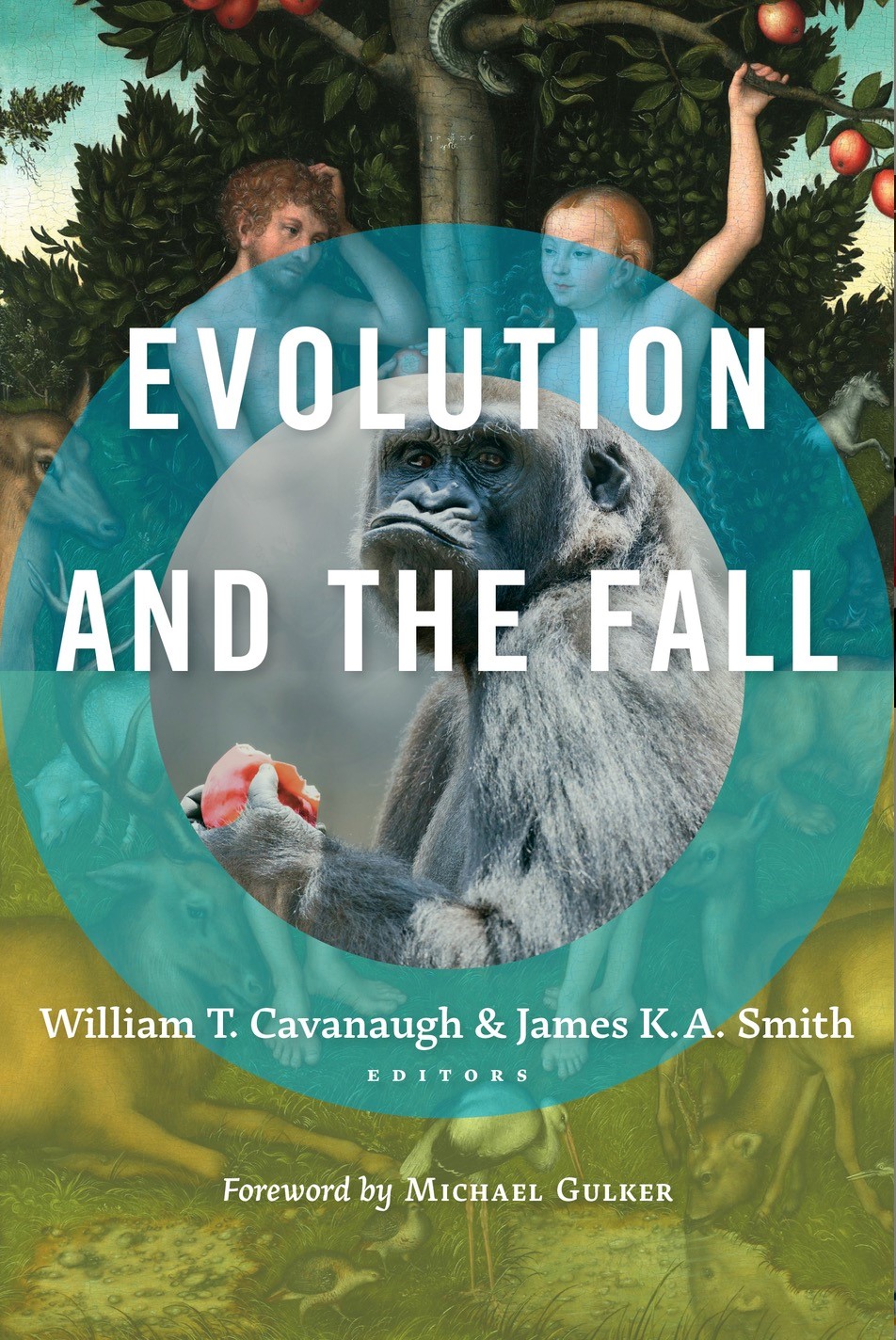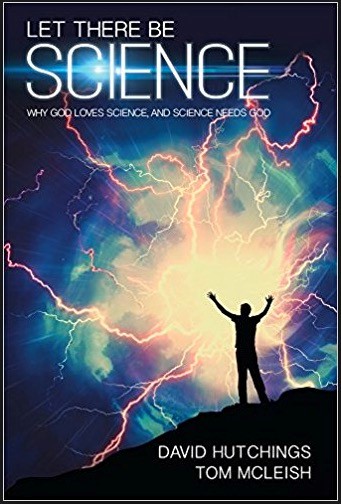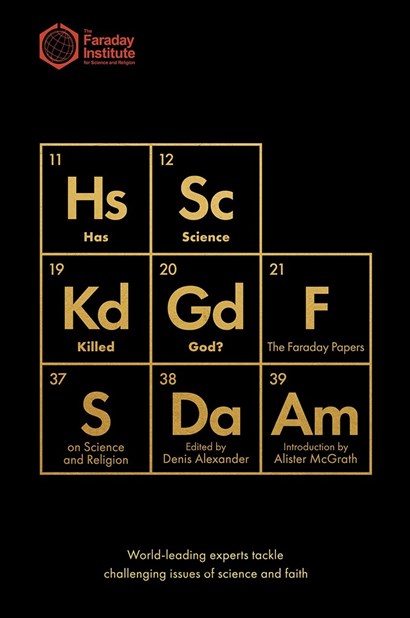
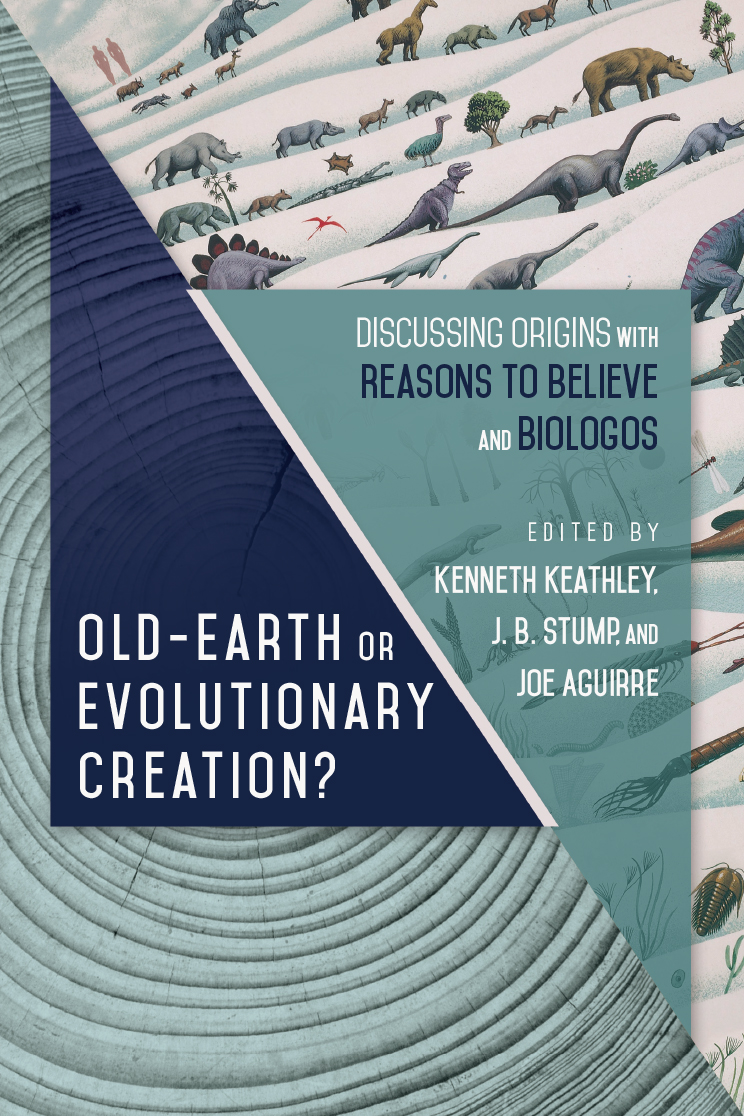

Review of Old-Earth or Evolutionary Creation?: Discussing Origins with Reasons to Believe and BioLogos, edited by Kenneth Keathley, J B Stump and Joe Aguirre.
Will Jones, September 2017.
Download PDF
Review of Old-Earth or Evolutionary Creation?: Discussing Origins with Reasons to Believe and BioLogos
ReviewEd by Will Jones
Old-Earth or Evolutionary Creation?: Discussing Origins with Reasons to Believe and BioLogos, edited by Kenneth Keathley, J B Stump and Joe Aguirre (IVP Academic, 2017, 235 pages).
Let me cut straight to the bottom line. This book is great and, if you have more than a passing interest in this area, you should read it. The two organisations involved – BioLogos and Reasons to Believe – are both fully committed to the scientific enterprise and to the divine inspiration of Holy Scripture, but have some markedly different interpretations with regard to each.
BioLogos espouses a model of evolutionary creation, seeing no theological or scientific reason to demur from the current scientific consensus on natural history (though notably refuses to be dogmatic about methodological naturalism, leaving the door open to divine intervention in natural history). Reasons to Believe (RTB), primarily an evangelistic and apologetics outfit, takes an old-earth creationist view, seeing a theological need to stick more closely to the biblical narrative as history. Although they regard this position as fully compatible with the science on the age of the earth, they think the current evolutionary paradigm falls short from a scientific perspective, and advocate instead the special creation of species and genomes at particular points in natural history. The disagreements alongside the agreements of these two organisations make for a fascinating study as the book takes the reader through issues of biblical interpretation, scientific methodology, and the substantive scientific and theological issues.
On each topic, a conversation between the two groups is facilitated by a Southern Baptist theologian moderator, with each organisation setting out its views and why it holds them before responding to one another. This format does a satisfying job of flagging up many of the relevant issues in the area and going into some impressive detail within the necessarily limited space. Yes, some topics aren’t filled out quite as comprehensively as the reader might hope, but opportunities for further reading are always signposted, and the book doesn’t claim to be the final word on anything. What it does do – besides being an admirable model for respectful and fruitful dialogue between Christian groups who disagree – is systematically raise a great many of the theological and scientific questions that occur in this fraught area of origins. In the process it gives two groups whose day job it is to explore them in detail a platform to set out their ideas in engagement with one another.
The dialogue model is welcome. For non-specialists dabbling in areas of technical expertise it is perhaps all too easy to be persuaded by the latest book or article one reads. It is most helpful, then, to have in this book that rare thing: experts who disagree, taking the trouble to engage constructively and critically with one another. The result is not only illuminating, but provides for the reader a reassuring (and unfamiliar) sense that any skewed representations of science or oversights in theology will be picked up by other writers in subsequent sections.
There were two areas on which I must admit I would have appreciated a little more being said – though I’m sure everyone will have their own favoured areas about which they will feel similarly, and it is no real criticism of the book that it does not cover mine.
The first is the question of the mechanism or driving force of evolution. As someone who accepts common descent and the broad picture of natural history which science paints, this is for me the crux of the evolution debate. I don’t see any scientific reason to doubt that all life descended from a universal common ancestor, being modified and evolving along the way, and BioLogos set out again the basics of the convincing scientific case for that. But what I really want to know is how it was achieved. How was this remarkable feat of moving from single-celled protozoa to humankind, adding reams of complex genetic code for intricate bio-chemical systems, accomplished? How does species A evolve into species X, Y and Z? Where is the genetic code for all the new traits, functions and systems coming from? How is it appearing in the successive generations of descendants?
Darwin’s revolutionary answer of course was that it all comes from natural variation: small random changes which appear between generations and are then sifted by natural selection (survival of the fittest) to remove deleterious modifications and promote advantageous ones. This solution implies a strong element of trial and error in the modifications and mutations. Furthermore, the vast majority modifications and mutations are not advantageous but neutral and thus when they are preserved in the population they are so only incidentally, not by the operation of natural selection.
It is the randomness here that stands out. The question it raises is whether all the genetic code necessary for new systems and functions really does come about by random modification and mutation. Perhaps it does, but on the face of it it’s such a counter-intuitive claim that we will want some unmistakable evidence for it, so we can be confident that it all really is arising through random modification and not through some other mechanism which is more efficient at reliably producing complex genetic code for intricate biological systems.
On this point, the section of the book that really stuck out to me was where a contributor from BioLogos was explaining the evidence for the evolution of human beings from our common ancestor with apes. Drawing on the scientific consensus, he noted that human beings experience around 70 genetic mutations in each generation. Knowing how many differences human DNA has with that of apes (around 35 million), and assuming a constant rate of mutation (which, he says, is scientifically sound), scientists calculate that it has taken around 300,000 generations for human and ape genomes to diverge from a common ancestor to reach the present. Significantly, this figure corresponds closely to how long ago the archaeological evidence suggests our common ancestor lived.
This is a remarkable confirmation of a key datum in natural history. But notice what it assumes. It assumes a 100% hit rate in mutations as they move from the common ancestor towards humanity, despite the fact that almost all of them are neutral and won’t be selected for. This leaves no room for the trial and error, the hit and miss, that is characteristic of a random process. It takes as read that every mutation in every generation makes a positive contribution to the emergence of homo sapiens from the common ancestor. No scope for misfires here, for meanderings, mistakes and alternative outcomes.
This apparently remarkable directness of the evolutionary process cannot be put down to selection bias, i.e. the idea that actually all the different possibilities occurred but we think one is particularly fortunate just because we happen to be interested in it. That’s because it simply isn’t the case that all the other possible descendants of apes have also appeared at some point in natural history. 300,000 generations of mutations allow for a vast number of alternative possible organisms, but very few of them have actually existed. In short, something seems to be fixing the odds, bringing humankind, of all the possible descendants of apes, into existence in the minimum time required under the natural mutation rate.
So what mechanism is driving such remarkable success in adding genetic material to the emerging human genome? Frustratingly, the writer doesn’t pause in his explanation even to acknowledge the question. Yet what the evolutionary creationist surely wants to know here is, are we catching God at work? Is God somehow intervening in the generational mutations to drive evolution forward, directing those 70 mutations according to his designs? Or is there some more scientifically orthodox and acceptable explanation for this strangely effective modifying power at work in the evolution of life? I hope future publications in this dialogue will address head-on the mechanism question.
Finally, there was one other aspect of the relationship between human origins and biblical theology that I was disappointed not to see flagged in the book, even in brief. Both BioLogos and RTB are in agreement with the current scientific consensus that human beings first appeared around 130,000 years ago (though disagree on how they came about and how many there were to begin with). What neither mentions, however, is that for around 120,000 of those years humanity existed solely in the form of small groups of hunter gatherers. It was only around 10,000 years ago that the Neolithic (or agricultural) revolution occurred, transforming the way humanity lived by introducing farming, herding, fortification, and everything else we associate with civilisation. This is significant from a biblical and theological perspective because arguably one of the major themes impinging on the ancient stories in the early chapters of Genesis is a record of the deep ambivalence which humanity felt at the time about whether or not this was a positive development.
Thus we find that Cain, Adam and Eve’s firstborn, is a farmer, while Abel, their second, is a herder. Furthermore, Cain builds a city. Yet we know that for the first 120,000 years following their emergence human beings lived as hunter gatherers, not doing any herding or farming or building any cities. This suggests that many of the stories in this part of Genesis may have more to do with the impact of the agricultural revolution on humanity than with humanity’s origins as such: more to do with the first farmers than the first human beings – particularly as the region in which the stories are set (the Levant) was the epicentre of the agricultural revolution, not the place of humanity’s first emergence, which was Africa. The fact that Cain is a murderer is also likely to be significant as it probably reflects the general ambivalence felt about the impact of farming and civilisation on humanity and the violence which attends them. Josephus, the 1st century Jewish historian, saw in Cain the originator of land ownership and fortification, and the first to entice men away from their simple life of ignorance and innocence as hunter gatherers into this new way based on superiority through strength, ingenuity and cunning.
Thus we might ask: are Adam and Eve in their garden paradise (at least on one level) hunter gatherers? Are they representative of humanity as we lived for our first 120,000 years, in what many have regarded as our time of ignorance and innocence? Does the story of their disobedience and ejection from the garden have anything to do with the transition from being hunter gatherers to being farmers and city dwellers? Is there any significance in the apparent correspondence between the curses imposed on Adam and Eve and the radical changes which accompanied the arrival of agriculture: the sharp increase in the quantity and difficulty of work; the marked decrease in lifespan and health quality (for example, average human height did not recover to its pre-agricultural levels until the 20th century); and even the considerable reduction in the average human pelvis size (possibly a consequence of dietary change) which made childbirth much more painful and difficult for women? What kind of theological issues does a reading like this generate, e.g., for understanding the nature of the fall and salvation in Christ as described in, say, Romans 5?
I hope that future books in this remarkable dialogue will address such questions. But either way, and my personal questions aside, do read this book. It cannot fail to expand your understanding of the issues involved, both scientific and theological, and give you greater alertness to how different Christians approach the topics and why they disagree. It might even change the way you think.
Will Jones is a mathematics graduate with a PhD in philosophy who is involved with two social theology projects in the UK.
See another review of this book here.
